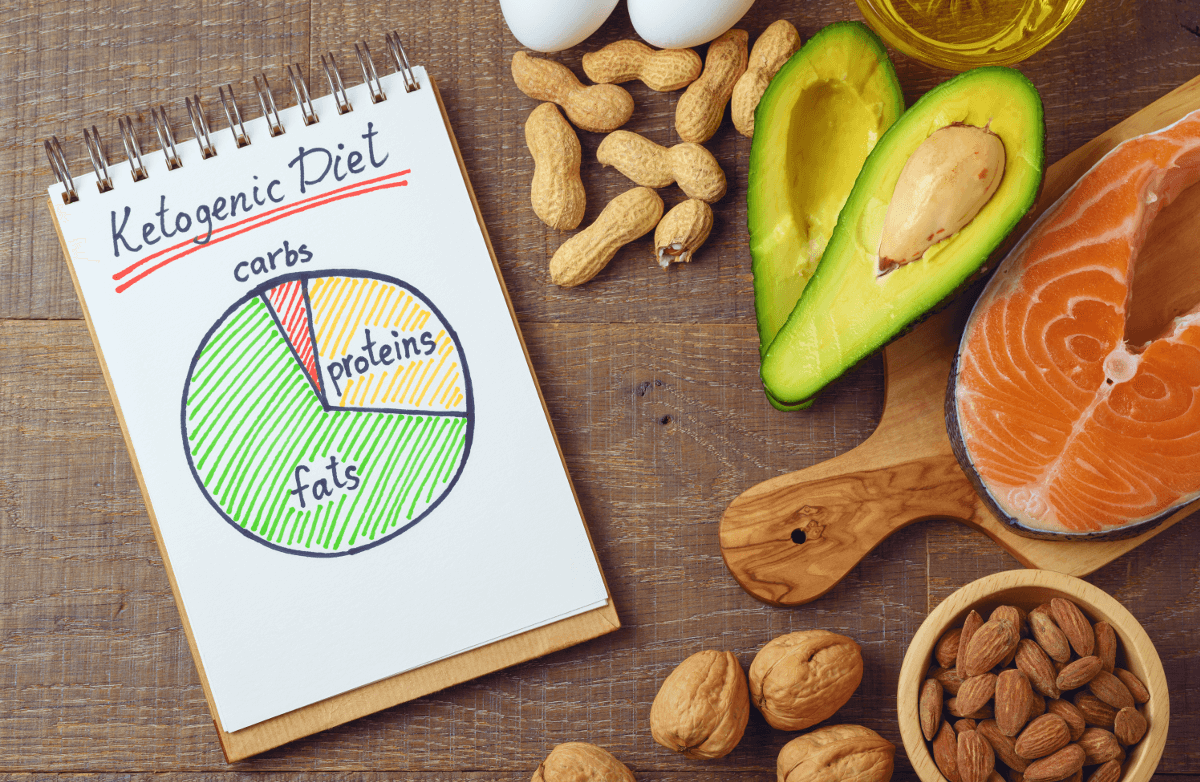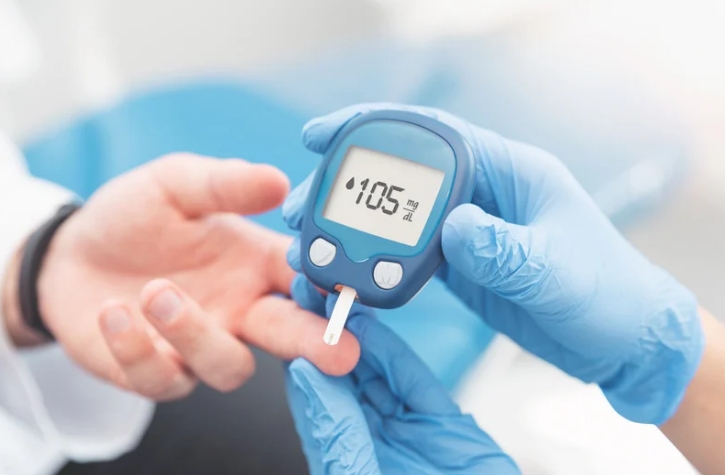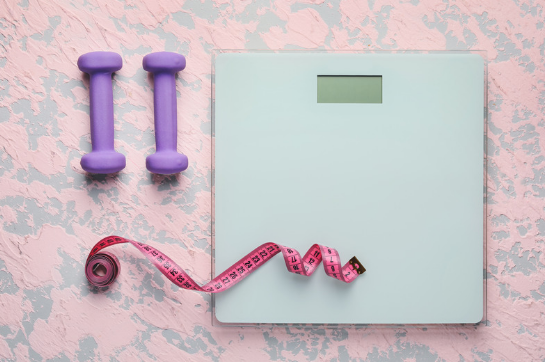As a health coach, one of the simplest yet most powerful changes I see people make in their wellness journey is learning to drink enough water. It’s easy to overlook—after all, it’s just water, right? But this essential nutrient supports nearly every function in your body, from digestion and brain function to energy levels and even your mood.
Why Hydration Is So Important
Your body is made up of roughly 60% water. Every cell, tissue, and organ relies on it to work properly. When you don’t get enough, even mild dehydration can leave you feeling tired, foggy, or cranky—and over time, it can affect your overall health. Staying hydrated helps:
-
Regulate body temperature through sweating and circulation
-
Support digestion and prevent constipation
-
Lubricate joints and keep muscles working efficiently
-
Transport nutrients and oxygen throughout the body
-
Flush out waste and toxins through the kidneys
-
Improve focus and mood—even slight dehydration can impact concentration and increase stress levels
How Much Water Do You Need?
The “right” amount can vary depending on your age, body size, activity level, and environment. A general rule of thumb is about 8–12 cups per day, but if you’re active, live in a hot climate, or drink diuretics like coffee or alcohol, you may need more. One simple way to gauge your hydration is to check the color of your urine—it should be light yellow or nearly clear.
Tips to Stay Hydrated Throughout the Day
-
Start your morning with a glass of water. Rehydrate after a night’s rest before reaching for coffee or tea.
-
Carry a reusable water bottle. Keep it within reach at work, in your car, or wherever you spend most of your day.
-
Flavor it naturally. Add slices of fruit, cucumber, or herbs like mint for a refreshing boost.
-
Eat your water. Many fruits and vegetables—like watermelon, cucumber, oranges, and lettuce—contain high amounts of water.
-
Set reminders. Use a phone app or sticky note to prompt you to sip regularly. Small, consistent habits are easier to maintain.
Recognizing Dehydration
Thirst isn’t always the first sign that you need more fluids. Other signs of dehydration can include:
-
Dry mouth or lips
-
Headache or dizziness
-
Fatigue or irritability
-
Muscle cramps
-
Dark yellow urine
If you experience these symptoms, it’s your body’s way of saying, “I need water!”
The Takeaway
Hydration is one of the most foundational—and overlooked—pieces of overall wellness. By making water a priority, you’ll likely notice more energy, better focus, and improved digestion. Small, consistent changes add up over time. So, grab your water bottle, take a sip, and remember: nourishing your body starts with the basics.













